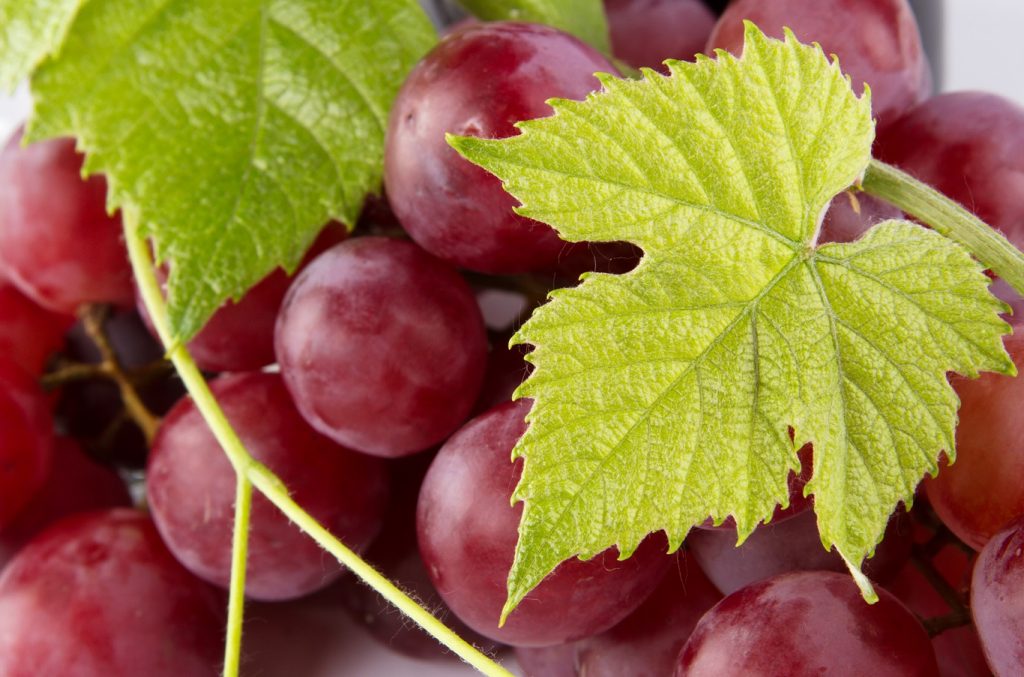
The Chilean table grape industry and its various grower associations are pushing for system approach protocols to be allowed for shipments of the fruit into the U.S. this season.
The requirement of fumigation with methyl bromide has been a hindrance for the Chilean table grape industry, resulting in increased costs and lower quality fruit on arrival at the destination.
Chilean authorities have for years been trying to reach an agreement with their U.S. counterparts to allow the more desirable systems approach, in order to be more competitive in the market.
ASOEX said Chile has been working to remove the fumigation requirement for almost two decades. The requirement was temporarily lifted in 2008, following a successful pilot program, but was put in place again following a pest detection.
Chile's Federation of Fruit Producers (Fedefruta) and the Fruit Exporters' Association (ASOEX) recently attended a meeting with growers from the Atacama, Coquimbo and Valle del Aconcagua regions to address the matter.
The producers and exporters met with the Minister of Agriculture María Emilia Undurraga, the director of the Agricultural and Livestock Service Horacio Bórquex and the director of ODEPA, María José Irarrázaval.
"This is the best example of how trade and export associations are working together to make this possible," Jorge Valenzuela said on behalf of Fedefruta.
The president of ASOEX, Ronald Bown said that this meeting was "very important because ideas to make a presentation for the U.S. were organized regarding what we want to do with the systems approach."
"This is obviously going to be an extremely significant boost for the entire northern part of our country."
In a letter signed by producers and others, it stated: "Production costs are on the rise and added to the water crisis, takes us even further away from the competitiveness necessary to sustain the sector."
Together, the three exporting regions ship at least 20 million boxes for around US$400 million. If fumigation is not required, an increase of at least 15 percent sales income would result.
This is essential to compete on equal footing with other producers of the southern hemisphere, Victor Catan, director of Fedefruta said.
"The fact that these three regions have united gives us a power that we didn't have before," Vicente Valdivieso, director of the Aconcagua Farmers Association said. "This is a matter for everyone and we all have to be on the same page."